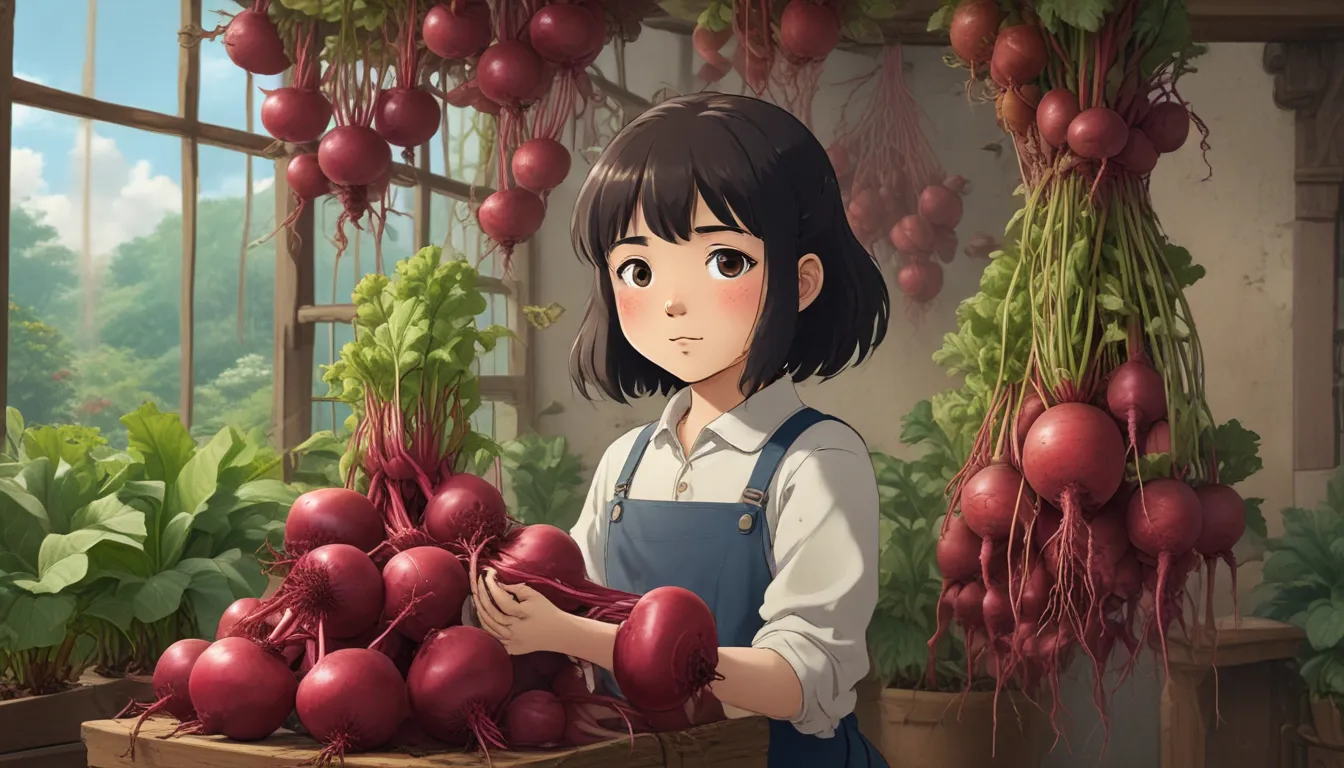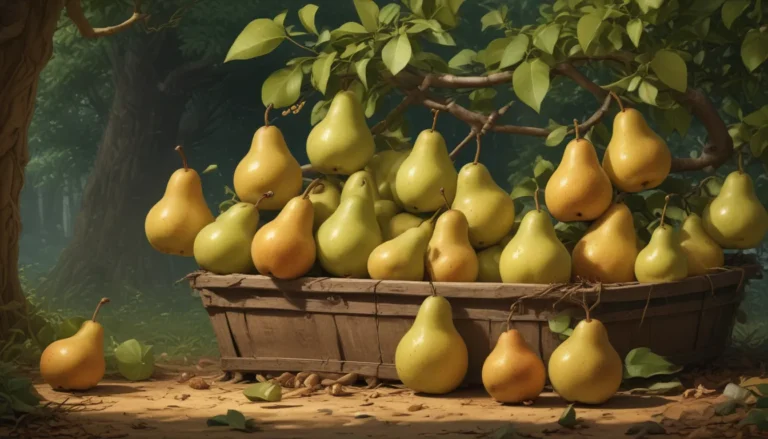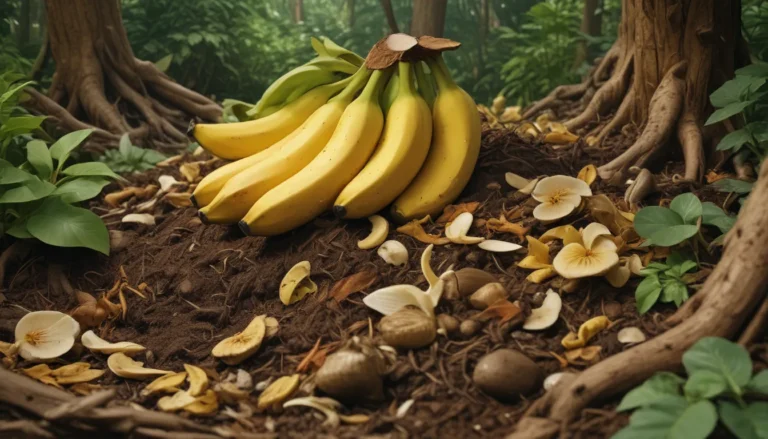Experts Share Tips for Growing the Sweetest Beets Ever

Who doesn’t love a sweet, earthy beet? Whether you enjoy them roasted, pickled, or in a hearty salad, beets are a versatile vegetable that can add a burst of flavor to any dish. But have you ever wondered why some beets taste sweeter than others? Or how you can grow the sweetest beets in your own garden?
In this comprehensive guide, we’re going to explore everything you need to know to grow the sweetest beets possible. From choosing the right cultivar to understanding the factors that influence beet flavor, we’ll cover it all. By the end of this article, you’ll be well-equipped to transform your garden into a beet lover’s paradise.
What You’ll Learn
- Why Are Some Vegetables Sweet?
- The Sweetest Cultivars
- What Makes Beets Less Sweet?
- How to Grow Sweeter Beets
If you’re ready to embark on a journey to discover the secrets of growing the sweetest beets, keep on reading!
Why Are Some Vegetables Sweet?
Before we dive into the specifics of growing sweet beets, let’s take a moment to understand why some vegetables taste sweeter than others. The sweetness of vegetables can vary due to a variety of factors, including temperature, cultivation practices, and plant genetics.
For example, vegetables like carrots and beets can become sweeter in colder temperatures as they convert starches into sugars to protect themselves from freezing. This phenomenon explains why the same cultivar of beets can taste different from one year to the next.
In addition to sugar content, other compounds like geosmin and betalain can contribute to the earthy flavor and vibrant color of beets.
The Sweetest Cultivars
When it comes to selecting beet cultivars for maximum sweetness, there are a few key considerations to keep in mind. While red beets are renowned for their complex flavor profile, cultivars that lack the red coloring tend to taste sweeter due to the absence of betalain.
Here are some sweet cultivars that you may want to consider for your garden:
Cylindra
- Unique long and slender shape
- Easy-slicing texture, perfect for canning
- Resistant to scab and Cercospora
Early Blood Turnip
- Dark crimson flesh with a rosy pinkish-red skin
- Sugary sweet and extremely crisp
- All-purpose four-inch root
Merlin
- Plump, deep red roots with high sugar content
- Dark green foliage and ornamental appearance
- Resistant to fungal diseases
Touchstone
- Golden beet with exceptional sweetness
- Easy-to-digest flavor without the earthy undertones
- Ideal for those who dislike the taste of red beets
Vereduna Alba
- Snow-white variety with minimal betalain content
- Tender flesh suitable for raw, cooked, or pickled preparations
- Resistant to Cercospora
By choosing the right cultivar, you can enhance the sweetness of your beet harvest and enjoy a more flavorful culinary experience.
What Makes Beets Less Sweet?
To ensure that your beets reach their maximum sweetness potential, it’s essential to address factors that can decrease sugar content and flavor. Water stress, poor soil quality, and inadequate nutrient levels can all contribute to bitter and less sweet beets.
Water stress can result in tougher roots with diminished sugar content, while poor soil lacking in organic matter and essential nutrients can lead to bitter-tasting beets. It’s crucial to provide your plants with consistent moisture and a nutrient-rich growing environment to support optimal sugar production and flavor development.
How to Grow Sweeter Beets
To cultivate the sweetest beets in your own garden, follow these tips to enhance flavor and sugar content:
- Plant cultivars known for their sweetness
- Ensure consistent moisture levels for optimal sugar production
- Test your soil and provide organic fertilizer as needed
- Maintain a slightly acidic soil pH (around 6.0 to 6.8)
- Plant beets in the fall for sweeter roots due to cooler weather
- Consider practicing chill sweetening by leaving beets in the ground over winter
By implementing these strategies, you can maximize the sweetness of your beet crop and enjoy delicious, flavorful roots straight from your garden.
Enjoy the Sweet Rewards
Once you’ve grown and harvested your sweet beets, there are countless ways to enjoy them in your favorite dishes. Whether you prefer to roast, pickle, or sauté your beets, the possibilities are endless.
Experiment with different cooking methods and flavor combinations to discover new ways to savor the sweetness of fresh-grown beets. And remember, the key to growing the sweetest beets lies in selecting the right cultivar, providing optimal growing conditions, and harvesting at the peak of flavor.
How do you like to use your beets in the kitchen? Share your favorite beet recipes and cooking tips in the comments below!
By following these expert tips and tricks, you can cultivate the sweetest beets you’ve ever tasted and elevate your culinary creations to new heights. Happy gardening!





